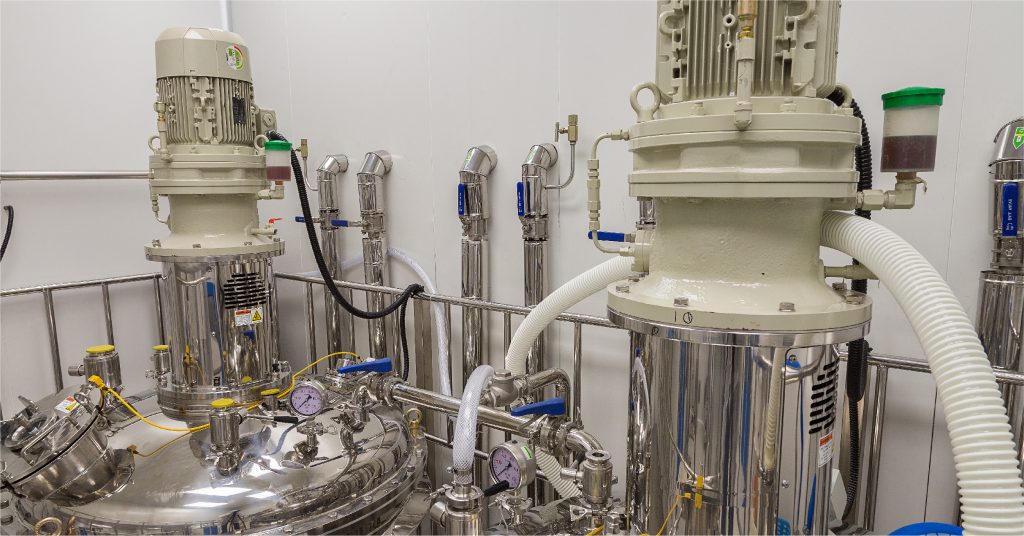Water scarcity is a pressing concern in Saudi Arabia, a country where arid conditions and limited freshwater resources make water management a critical challenge. Advanced water treatment solutions, such as ultrafiltration, have become essential for meeting the growing demand for clean water. Ultrafiltration technology has proven to be a highly effective method for purifying water across residential, industrial, and municipal sectors.
In this blog, we will explain what ultrafiltration is, how an ultrafiltration membrane works, and its role in addressing Saudi Arabia’s water purification needs.
What Is Ultrafiltration?
Ultrafiltration is a water treatment process that uses a semi-permeable membrane to remove contaminants, including particles, bacteria, viruses, and organic matter, from water. The process relies on size exclusion, where water is pushed through an ultrafiltration membrane with pores typically ranging from 0.01 to 0.1 microns. These tiny pores allow water and essential dissolved molecules to pass through while blocking harmful contaminants.
The result is high-quality water suitable for drinking, industrial processes, and irrigation. Ultrafiltration is particularly advantageous in arid regions like Saudi Arabia because it is efficient, reliable, and does not require extensive use of chemicals for purification.
How Ultrafiltration Technology Works?
The core of the ultrafiltration process lies in the ultrafiltration membrane, a specialized material that separates impurities from water. These membranes are made from durable polymeric materials such as polyethersulfone (PES) or polysulfone (PS), designed to withstand harsh water conditions and deliver consistent performance.
The process typically involves:
- Pre-treatment to remove large debris and protect the membrane.
- Pressurizing water to pass through the ultrafiltration membrane.
- Filtering out suspended solids, bacteria, and viruses.
- Producing purified water with minimal energy consumption and waste.
Applications of Ultrafiltration in Saudi Arabia
Ultrafiltration technology has a broad range of applications in Saudi Arabia, where water purification is critical to supporting urban growth, industrial expansion, and agricultural productivity.
1. Municipal Water Treatment
Municipalities in Saudi Arabia use ultrafiltration to produce clean drinking water for urban populations. By removing bacteria, viruses, and other pathogens, ultrafiltration ensures water safety and meets stringent health standards.
2. Industrial Water Purification
Industries in Saudi Arabia, including oil and gas, petrochemicals, and manufacturing, require high-quality water for various processes. Ultrafiltration is used to treat water for boiler feed, cooling systems, and other industrial applications, ensuring efficiency and protecting equipment from scaling and corrosion.
3. Desalination Pre-Treatment
With Saudi Arabia relying heavily on desalination for freshwater, ultrafiltration serves as an essential pre-treatment step. It removes suspended solids and microorganisms before water enters the reverse osmosis system, extending the lifespan of reverse osmosis membranes and improving overall desalination efficiency.
4. Wastewater Recycling
In wastewater treatment plants, ultrafiltration enables water recycling for non-potable uses such as irrigation, industrial cooling, and landscaping. Recycling treated wastewater helps conserve natural water resources and supports Saudi Arabia’s sustainability goals.
5. Agriculture and Irrigation
Saudi Arabia’s agricultural sector benefits from ultrafiltration by treating water for irrigation. Clean water free of contaminants ensures crop health and boosts agricultural productivity in the region’s challenging climate.
Benefits of Ultrafiltration for Saudi Arabia
Ultrafiltration offers numerous advantages that align with Saudi Arabia’s water purification and sustainability goals:
- Efficient Contaminant Removal: Ultrafiltration membranes effectively remove up to 99.9% of bacteria, viruses, and suspended solids, providing clean water for diverse applications.
- Reduced Chemical Usage: The process minimizes the need for chemicals, making it eco-friendly and cost-effective.
- Space-Saving Design: Ultrafiltration systems are compact, making them ideal for use in both urban and remote areas.
- Energy Efficiency: The technology consumes less energy compared to other advanced water treatment methods, reducing operational costs.
- Versatility: Ultrafiltration can handle varying water qualities, making it adaptable to Saudi Arabia’s diverse water sources, including seawater, brackish water, and treated wastewater.
What Makes Ultrafiltration Essential for Saudi Arabia?
Saudi Arabia faces unique challenges in water management, such as high salinity levels in water sources, rapid urbanization, and the increasing demand for clean water. Ultrafiltration addresses these challenges by offering a sustainable, scalable, and effective solution for purifying water.
The use of ultrafiltration in desalination plants ensures an uninterrupted supply of potable water. Its role in wastewater recycling contributes to the country’s vision of achieving water security and reducing reliance on traditional freshwater sources.
With ongoing advancements in ultrafiltration membrane technology, Saudi Arabia is better equipped to tackle its water challenges. Improved membrane durability and efficiency mean that ultrafiltration systems can operate longer, reduce maintenance requirements, and deliver even higher-quality water.
Ion Exchange: Pioneering Ultrafiltration in Wastewater Treatment
Hydramem Ultrafiltration Modules are advanced hollow fiber membranes designed to address a wide range of applications, including brackish water from ground, river, and surface sources; municipal wastewater; industrial effluents; and seawater. Suitable for both potable and process water use, these state-of-the-art modules are available in two configurations: modified PES fibers (in-to-out) and PVDF fibers (out-to-in). With a molecular weight cut-off (MWCO) of 100,000 Daltons (100 KD), Hydramem UF modules deliver consistent permeate quality with an SDI of less than 3 while optimizing energy efficiency, making them a reliable solution for diverse water treatment needs.
Conclusion
Ultrafiltration technology is transforming water purification in Saudi Arabia by addressing the country’s unique water challenges. From providing safe drinking water and supporting industrial processes to enabling wastewater recycling and enhancing desalination efficiency, ultrafiltration plays a pivotal role in sustainable water management.
Understanding what ultrafiltration is and how an ultrafiltration membrane works highlights the importance of adopting this advanced technology in regions like Saudi Arabia, where every drop of water counts.


